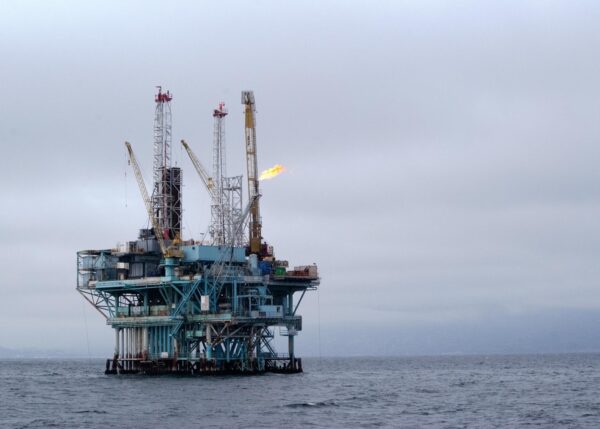New North Sea oil and gas projects have been placed on hold while the UK Government responds to a landmark court case on the environment.
On the 29th August, the UK government announced new environmental guidance for oil and gas firms, aiming to “provide stability for industry, support investment, protect jobs, deliver economic growth, and meet its climate obligations, as the North Sea transitions to its clean energy future”. The guidance followed the Supreme Court’s Finch ruling, which requires considering the emissions from burning oil and gas (scope 3 emissions) in Environmental Impact Assessments for new projects.
Minister for Energy Michael Shanks said “This government is committed to making Britain a clean energy superpower, helping to meet our first mission to kickstart economic growth. While we make that transition the oil and gas industry will play an important role in the economy for decades to come.
As we support the North Sea’s clean energy future, this government is committed to protecting current and future generations of good jobs as we do so.”
The announcement confirmed the government would be dropping their legal defence of the Rosebank and Jackdaw oil and gas fields in the North Sea as “The government will not challenge the judicial reviews brought against development consent for the Jackdaw and Rosebank offshore oil and gas fields in the North Sea. This decision will save the taxpayer money.” This litigation does not mean the licences for Jackdaw and Rosebank have been withdrawn.
A consultation on its policy not to issue new exploration licenses will take place later this year, with conclusions expected by spring 2025.
Photo by Kayden Moore
The decision is seen as a major win for climate activists, who continue their legal fight to stop fossil fuel developments, notably at the Horse Hill oil site and the Rosebank and Jackdaw offshore fields. The government’s decision not to challenge judicial reviews of these projects has been hailed by campaigners, though the licenses remain intact.
In 2022 the Jackdaw gas field was approved, followed in 2023 by the Rosebank oil field approval. Both approvals resulted in a legal challenge from Greenpeace and Uplift “under the false claim that they are compatible with the UK’s legally binding climate commitments”, Greenpeace write. In 2024, the UK Supreme Court ruled in favour of a separate legal fight against oil drilling plans in Surrey, led by Sarah Finch and the Weald Action Group. The court concluded that “approval process should have considered the emissions created when the oil is burned after being sold – and not just the emissions from extracting the fuel.”
Offshore Energy writes the Jackdaw field, located approximately 250 km east of Aberdeen, Scotland, “still expected to come online in 2025, and at peak production rates, could represent over 6% of projected UK North Sea gas production in the middle of this decade, with operational emissions of less than 1% of the whole UK basin, which is enough energy to heat 1.4 million homes. Peak production from the field is estimated at 40,000 barrels of oil equivalent per day.”
Equinor said in a statement, that the firm “welcomed regulatory approvals for the Rosebank development in 2023.”
The firm added: “We’re currently assessing the implications of today’s announcement and will maintain close collaboration with all relevant stakeholders to advance the project. Rosebank is a vital project for the UK and is bringing benefits in terms of investment, job creation and energy security.”
